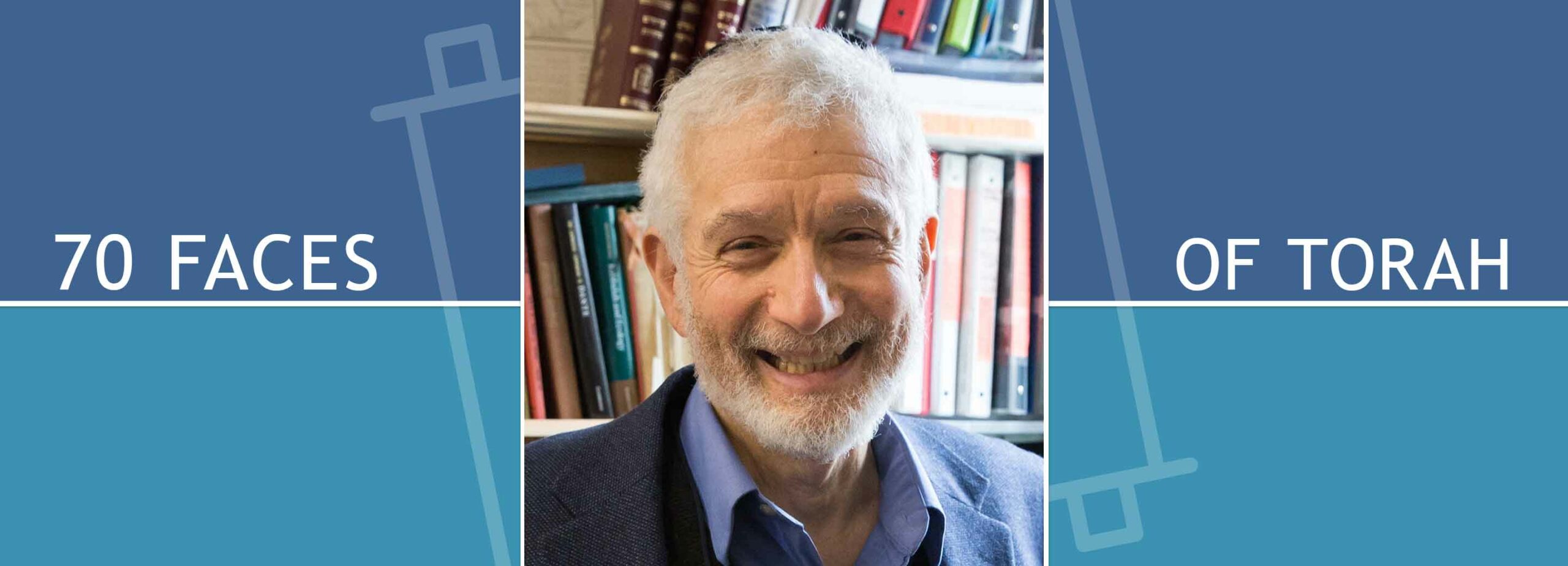Exodus Seeking God’s Presence in the Sukkah

Shabbat Chol ha-Mo’ed Sukkot (Exodus 33:12-34:26)
Our Torah reading this week, for the Shabbat during Sukkot, is surely one of the most gripping stories in scripture, but at first glance it appears to have little connection with the holiday of Sukkot. The Torah passage narrates the aftermath of the Golden Calf episode, when Moses saw firsthand the apostasy of the Israelites just forty days after the Sinai revelation with its clear command not to make and worship molten images.Moses had broken the Tablets, written “by the finger of God,” and –putting his own life on the line—interceded on behalf of Israel, persuading God to avert his wrath and retract his threat to destroy the people. Now Moses ascends Sinai again to complete the reconciliation between God and Israel, and to receive a second set of Tablets containing the main points of the covenant.
But what does this have to do with Sukkot, the holiday on which we erect temporary structures outside our year-round homes, to remember the wilderness sukkot, or booths, we lived in when God took us out of Egypt (Leviticus 23:43)? To answer this question, we note that in our Torah reading, in addition to receiving the new tablets, Moses is now granted unprecedented access to and intimacy with God. Asking to “see God’s glory”—that is, God’s manifestation in humanoid form—Moses is placed in a cleft of the rock on top of Sinai, while God passes by, shielding Moses with the palm of the divine hand. In an exquisite move of sacred choreography, the hand is removed just in time for Moses to see God’s back, though not God’s face (Exodus 33:21-23).
To use modern terminology, this would surely qualify as a mystical experience. Yet it is crucial to note that Moses does not seek this extraordinary closeness with God for the sake of the experience itself; he is not a “spiritual seeker” in the contemporary sense. Moses’s focus is entirely on the people he has led out of Egypt, the people whose spiritual horizons he is desperately trying to raise. Realizing that the people’s shortcomings are at least in part a reflection of his own limitations, he asks for and receives a higher degree of closeness with God than he has ever enjoyed before. Now when he descends Sinai with the second set of Tablets, his face shines with an awe-inspiring divine radiance, the result of his unprecedented, palpable intimacy with God.
The text invites us to imagine God’s palm pressing down on Moses as he leans forward at the opening of the cave, the “cleft of the rock.” The Hebrew verb here for sheltering or protecting is sakoti –God says, “I will shelter [ve-sakoti] you with the palm of my hand (Exodus 33:22). This verb uses the same root as sukkah, the festive booth that gives its name to our holiday, Sukkot! What this suggests is that Sukkot is indeed the holiday of divine intimacy, when we feel the love and protective closeness of the divine hand, as Moses did on Sinai long ago. But it is important to remember that Moses’s intimate encounter was not primarily for his own sake, but in selfless devotion to the people—suggesting that our own quest for the divine spirit will only be meaningful if our goal is to energize our service to others.
Indeed, the sukkah has a feature that was unavailable to Moses on Sinai and contrasts our experience with his own. We recall that as he ascended the mountain, he was to be totally alone; no one else—not even Aaron—was to reach the peak with him. He was alone with God. But in the sukkah, our intimacy and our joy is enhanced the more guests we bring in. The custom is to invite ushpizin—notable figures from the biblical past, associated with the sefirot, divine manifestations.
And as we open our mind’s eye to these ancestral personalities, we should surely also be open to forgotten, unseen members of our own communities. Various sources in the Hasidic tradition suggest that inviting guests into our sukkah not only benefits them, and us, but also brings divine blessing into the world. We must make sure that our eyes, hearts, and festive booths are open to all. When our sukkah is capacious enough for all to enter, we will truly feel the warmth and gentle press of the divine hand, as Moses did on Sinai long ago, and we will fully realize the potential of this universal holiday.
Dr. Nehemia Polen is Professor of Jewish Thought at Hebrew College in Newton, MA. He is the author of The Holy Fire: The Teachings of Rabbi Kalonymus Shapira, the Rebbe of the Warsaw Ghetto, and is a contributing commentator to My People’s Prayer Book, a multi-volume siddur incorporating diverse perspectives on the liturgy. He received his Ph.D. from Boston University, where he studied with and served as teaching fellow for Nobel laureate Elie Wiesel, and rabbinic ordination from Ner Israel Rabbinical College.

